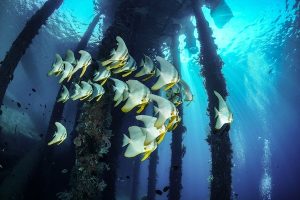
Can artificial reefs in seagrass meadows help protect the ocean against climate change?
A new study finds that artificial reefs can bolster seagrass growth in the tropics and help mitigate climate change.
Benefits of more shellfish include improved water quality from filter-feeding and providing habitat and nursery grounds for marine species.

A new study finds that artificial reefs can bolster seagrass growth in the tropics and help mitigate climate change.
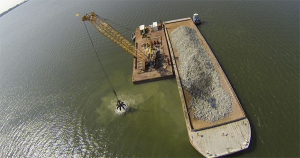
A large-scale oyster reef restoration project led by NOAA aims to revitalize more than 2,300 acres in Maryland and Virginia waters.
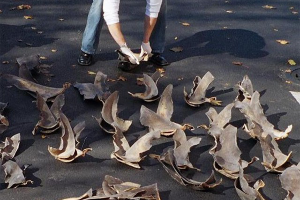
The European Commission will explore legislative measures to end the shark fin trade, along with improved data collection and research.
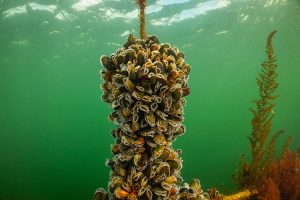
A community-focused research project will explore the responsible growth of regenerative farming in waters off the New South Wales coast.
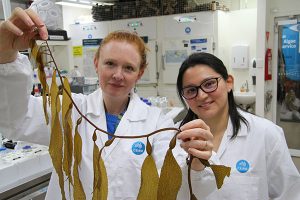
A first-of-its-kind unique partnership with the Nature Conservancy Australia will seek to restore and "future-proof" giant kelp forests.
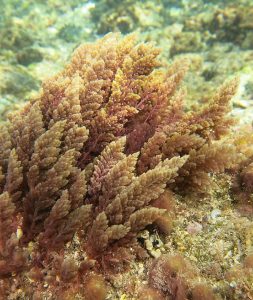
Adding red sea plume (Asparagopsis taxiformis) to stored dairy cow manure can cut greenhouse gas emissions nearly in half, a new study finds.
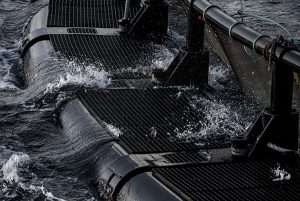
Plastic recycling from the aquaculture sector can be a commercially viable circular economy initiative, concludes SINTEF researchers.
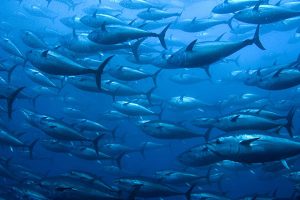
Aquatic food producers are vulnerable to the effects of climate change, with USA, China and Thailand at the most risk, a UCSB study finds.

New guidelines advise eating more fish and plant-based foods while cutting down on red meat to achieve a healthy, climate-friendly diet.
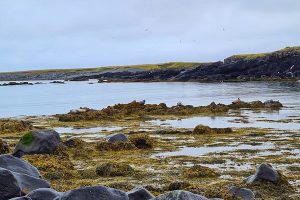
Scientists project seagrass to decline in abundance and composition from the effects of climate change, even in a “best case” scenario.
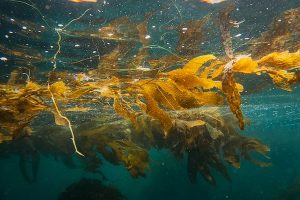
A new study raises concerns about the feasibility of global seaweed farming as a potential large-scale carbon capture solution.
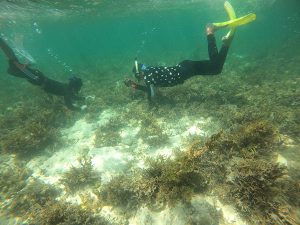
With ocean warming, scientists warn that urgent international protection measures need to be implemented to protect wild seaweed stocks.
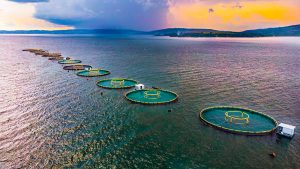
Integrating fish farming into nutrition-sensitive, circular and sustainable food systems can drive future aquaculture development, say authors of a new report.

Leading scientists to update climate change indicators annually to stay informed on critical aspects of global warming.
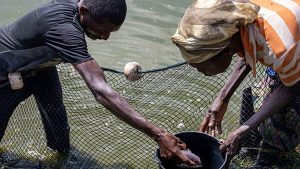
Growing the fisheries and aquaculture sector can help diversify Angola's economy and achieve its development goals, experts say.